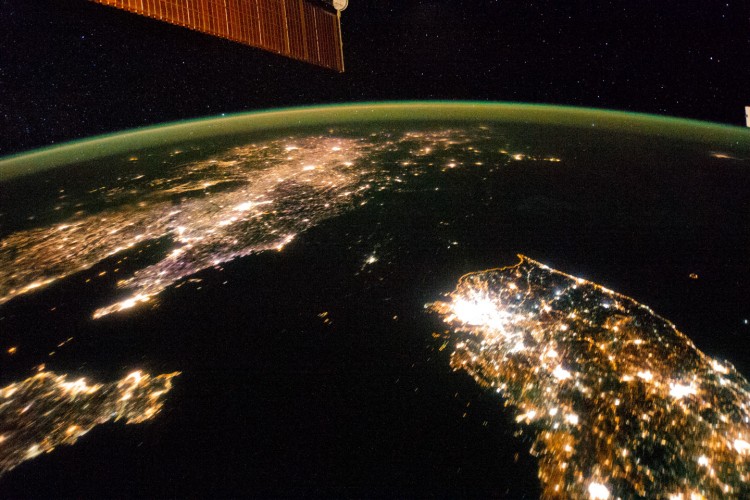North Korea’s Military Agenda Draws Attention Ahead of Party Congress

With the 9th Congress of the Workers' Party approaching, North Korea has suggested it will push both its nuclear arsenal and conventional forces. Kim Jong Un's remarks point to a two-track strategy that regional analysts say could add pressure to security planning in Northeast Asia.
In Seoul, officials emphasized the need to strengthen coordination with the United States and Japan, noting that direct channels of communication are vital to avoid missteps. U.S. officials also called on allies to keep close watch on missile testing and troop activity north of the border.
Analysts also point out the limits Pyongyang faces. Years of sanctions, combined with weak industrial output, raise doubts about whether it can sustain both nuclear development and conventional force expansion at the same time.
Think tanks in Washington and Tokyo have highlighted that even the suggestion of a two-track buildup complicates allied defense planning. South Korean experts add that much of the announcement may be intended for domestic audiences rather than signaling immediate military changes.
As the congress nears, observers are divided on whether this plan marks a real change in military direction or serves mainly as political theater. The results will shape how regional stability is managed and how major powers frame their approach to the Korean Peninsula in the months ahead.



